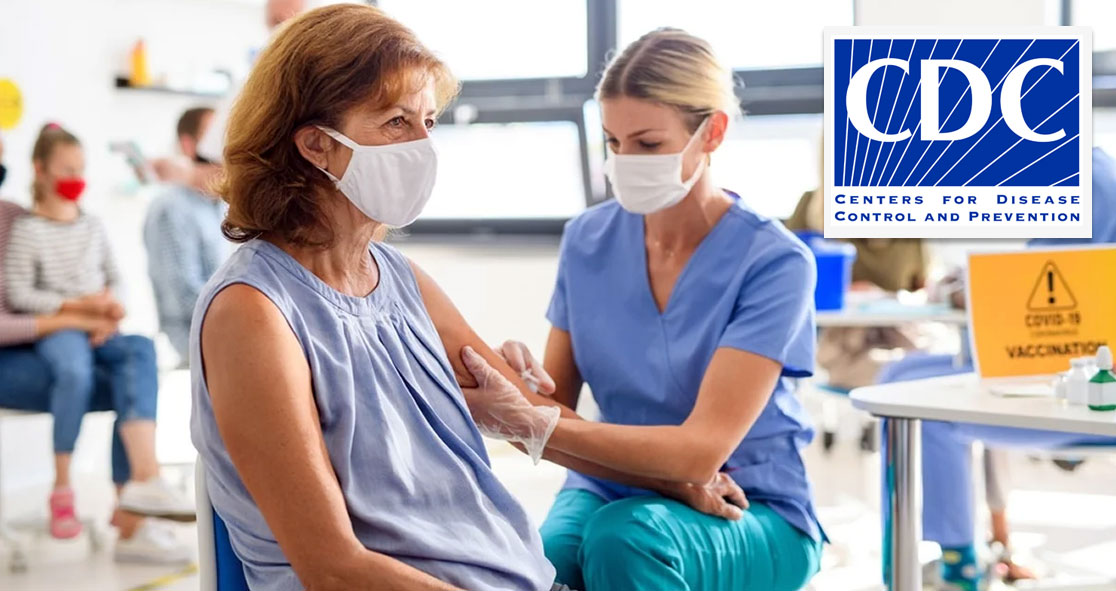The U.S. Centers for Disease Control and Prevention accepted advice from a group of experts to recommend the use of the Pfizer-BioNTech and Moderna COVID vaccines over the Johnson & Johnson (J&J) jab due to growing concerns about rare blood clots, according to NPR.
On Thursday, the CDC advisers said that all adults should prefer Pfizer and Moderna vaccine rather than the J&J vaccine, especially those who are at greater risk for developing severe blood clots.
However, some members of the group said the J&J jab should remain available for people who prefer it.
There have been reports of a rare and sometimes fatal blood-clotting issue known as thrombosis with thrombocytopenia syndrome (TTS). Also, there were earlier reports of cerebral venous sinus thrombosis (CVST) – a type of TTS.
Janssen Pharmaceutical, a division of J&J, said in a statement it “remains confident in the overall positive benefit-risk profile” of its vaccine.
Dr. Mathai Mammen, Global Head of R&D for Janssen, said, “The safety and well-being of those who use the Johnson & Johnson vaccine continues to be our number one priority. We appreciate today’s discussion and look forward to working with the CDC on next steps.”
According to the CDC, the blood-clotting problem with the J&J vaccine is rare, but studies have seen that the vaccine was responsible for causing the issue at a rate of about one in every 100,000 doses given to women aged between 30 and 49, who are particularly at highest risk.
The agency said about 15% of TTS cases have been fatal. The symptoms of TTS include headaches, blurry vision, fainting or loss of consciousness, loss of control over movement in part of the body and seizures, per NPR.
Earlier this year, the CDC and the Food and Drug Administration (FDA) announced a temporary halt in the use of the J&J vaccine after six American women reported rare blood clots.
The FDA approved the J&J jab as a single dose vaccine, compared with the Pfizer and Moderna that are given in two doses, 28 days apart.
In September, the CDC recommended people who received the one-dose J&J vaccine take a booster two months after. In the United States, more than 16 million people have been vaccinated with the J&J vaccine. And of those, over 870,000 have received a J&J booster dose.























